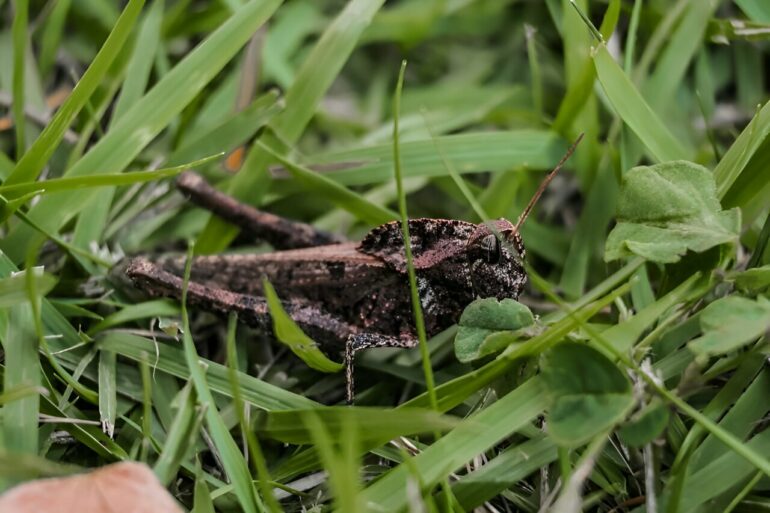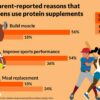James Cook University researchers say food derived from crickets and flies can cause allergic reactions in people with existing shellfish allergy—and this is not consistently picked up by currently available testing methods. Their study is published in Molecular Nutrition & Food Research.
Professor Andreas Lopata and Dr. Shay Karnaneedi from JCU’s Australian Institute of Tropical Health and Medicine said edible insect proteins are increasingly manufactured for consumption by people and pets as a sustainable way to feed the world’s growing population.
Professor Lopata, team leader and head of the Molecular Allergy Research Laboratory, said insects are highly nutritious due to their high protein content and eating them is also good for the planet, supporting Australia’s circular economy and decarbonization approaches.
“The trouble is that insects are closely related to crustaceans such as prawns, crabs, and lobsters. Crustacean food allergy affects up to 4% of the population, with those people at significant risk of suffering from an allergic reaction after eating insect protein-based foods,” said Professor Lopata.
The team studied seven cricket and two black soldier fly-based food products for their protein content and potential to trigger allergic reactions. Two commercial food allergen test kits were analyzed for their ability to safeguard consumers.
“We identified proteins (allergens) in insect-based food that can cause allergic reactions in people with shellfish allergy. But we found commercial crustacean allergen test kits did not reliably indicate this,” said Dr. Karnaneedi.
“It means food allergen test kits and food allergen labeling must take into account these unique allergens in edible insects, especially as this will likely be a primary source of food protein for the growing human population,” said Dr. Karnaneedi.
“And shellfish allergy sufferers must be aware of potential risks posed by insect-based foods.”
The team also used advanced mass spectrometry methods to characterize the proteins, and even that raised challenges.
“Our study demonstrated that how you chose to extract the insect proteins impacted the identification of allergens within different insect species,” said Professor Michelle Colgrave of CSIRO and Edith Cowan University.
“More research to standardize detection is needed,” she said.
More information:
Shaymaviswanathan Karnaneedi et al, The Allergen Profile of Two Edible Insect Species—Acheta domesticus and Hermetia illucens, Molecular Nutrition & Food Research (2024). DOI: 10.1002/mnfr.202300811
Provided by
James Cook University
Citation:
Researchers warn of allergy risks from insect-based foods (2024, July 31)



